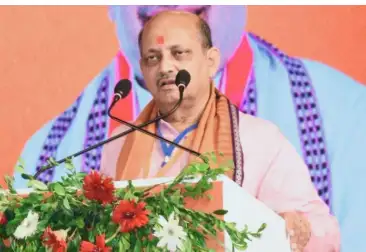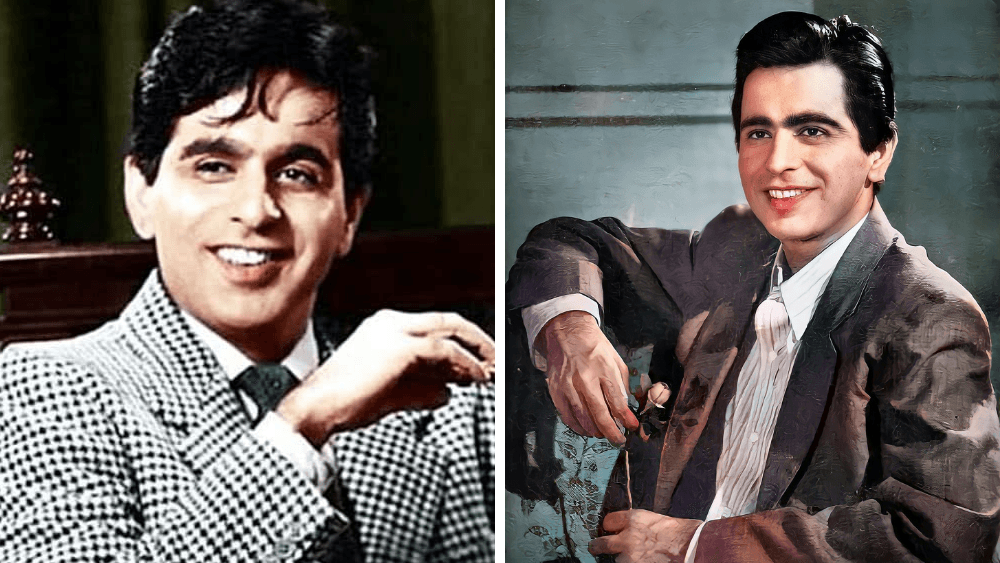

Bhubaneswar: He is the legend of Indian cinema. He is also the tragedy king of Indian Cinema. He is none other than the legendary Dillip Sahab or Dilip Kumar. The Indian Cinema is remembering this prolific actor Wednesday as 11th December happens to be his 102and birth anniversary.
Muhammad Yusuf Khan was born on Dec 11, 1922 in Peshawar, now in Pakistan. Son of a fruit merchant, he had his schooling Maharashtra (Deolali), where his father had orchards. His family moved to Pune in 1940. And after partition of India in 1947, his family decided to stay in India.
Indian cinema’s godfather, Raj Kapoor, was his childhood friend.
BIRTH OF DILIP KUMAR
Though Muhammad Yusuf Khan was born in 1922, It was 1944, when the birth of Dilip Kumar took place. He made a debut in Hindi Cinema with the film Jwar Bhata
Regarding the birth of Dilip Kumar, the legendary actor once said in an interview that he adopted the screen name Dilip Kumar out of fear of his father, who was dead against his making a debut in the film industry.
Though independent analysts attribute his screen name Dilp Kumar to an altogether different reason. They attribute the reason for screen name to shadow the identity to gain wider acceptability in India.
ACTOR DILIP KUMAR
The acting skills of Dilip Kumar earned him the epithet of Abhinay Samrator Emperor of Acting. He dominated the Indian cinema from the 50s throughout the 60s.
First Filmfare award winner, Kumar went on to win record (8) Filmfare Awards, which was now equalled by Shah Rukh Khan.
When it comes to box – office success ratio in Hindi, Dilip Kumar sits at the top with 80% success rate.
HIST FIRST HIT
In a career spanning over five decades, Kumar worked in 57 films in a myriad of roles. Though he made debut in 1944, he tasted the first box office hit in 1947 with the film Jugnu.
However, Kumar’s era started from 1949 with a mega hit of the romantic drama Andaz. His era started with super hits like Aan (1952), the social drama Daag (1952), Insaniyat (1955), the comedy film Azaad (1955), the romantic social Naya Daur (1957), the noir mystery Madhumati (1958), the social drama Paigham (1959).
Dilip magic was at work in 60s. The super success of the action adventure Kohinoor (1960), historical epic Mughal-E-Azam (1960), crime drama Gunga Jamuna (1961), and the comedy drama Ram Aur Shyam (1967).
Dilip Kimar’s Mughal-e-Azam, held the record of highest grossing Indian movie till the release of Sholay in 1975
CAREER DIPS
The 1970s saw Kumar's career take a downturn, marked by three consecutive commercial failures, namely Dastaan (1972), Sagina (1974) and Bairaag (1976).
With Dharmendra, Amitabh Bachchan becoming the popular star, Dilip Sahab took a break from films from 1976.
Dilip Kumar was relaunched on the silver screen in 1981 with Manoj Kumar’s revolutionary drama Kranti, which went on to became the highest-grossing Indian film of the year.
Dilip 2.0 since then and he kept playing lead roles in films such as Vidhaata (1982), Shakti (1982), Karma (1986), and Saudagar (1991). His last on-screen appearance was in the commercially unsuccessful Qila (1998), which saw him in a dual role.
Kumar later served as a member of the Rajya Sabha, the upper house of India's parliament, from 2000 to 2006.
DILIP KUMAR’S PERSONAL LIFE
Before making nikkah with Saira Banu, the buzz in B-town was he was in a long-term relationship with actress and co-star Madhubala. Their relationship is stated to have ended after the Naya Daur court case in 1957.
He married actress Saira Banu in 1966 and resided in Bandra, a suburb of Mumbai, until his death in 2021.
HONOURING DILIP SAHAB
For his contributions to film, the Government of India awarded him with the Padma Bhushan in 1991 and the Padma Vibhushan in 2015, the country's third and second-highest civilian awards respectively. He was also awarded Indian cinema’s highest award – the Dadasaheb Phalke Award in 1994.
In 1998, the Government of Pakistan conferred Kumar with Nishan-e-Imtiaz, their highest civilian decoration, making him the only Indian to have received the honour.
The ancestral house of Dilip Kumar in Peshawar was declared a national heritage monument in 2014 by the Pakistani government.